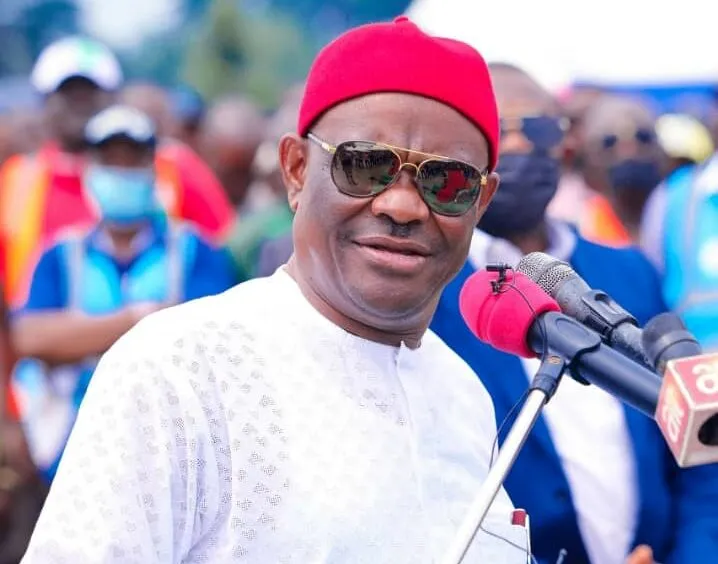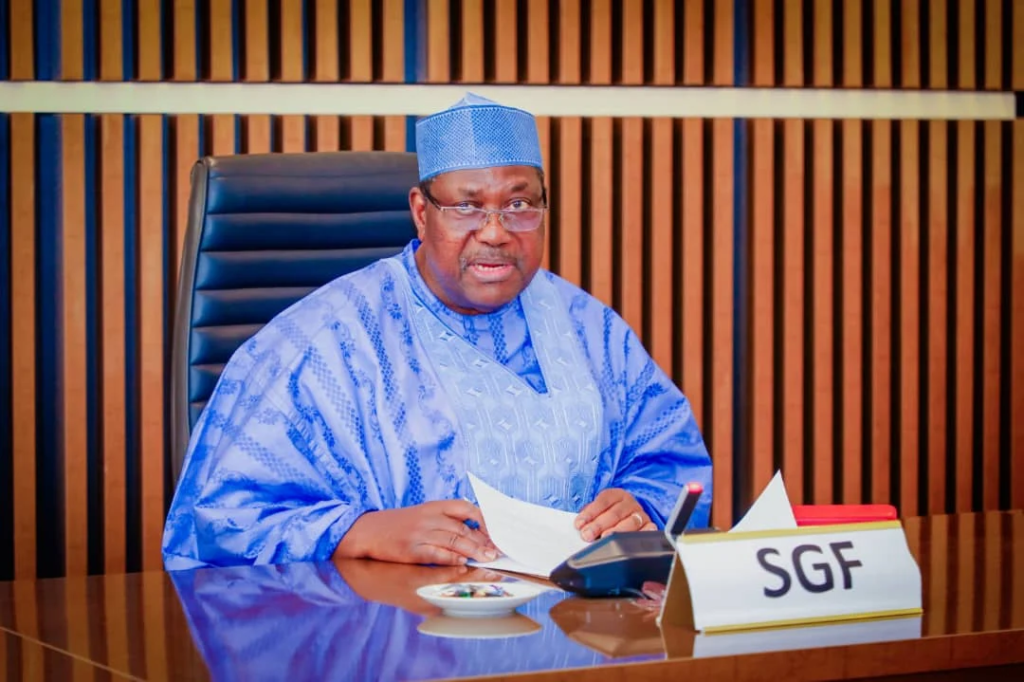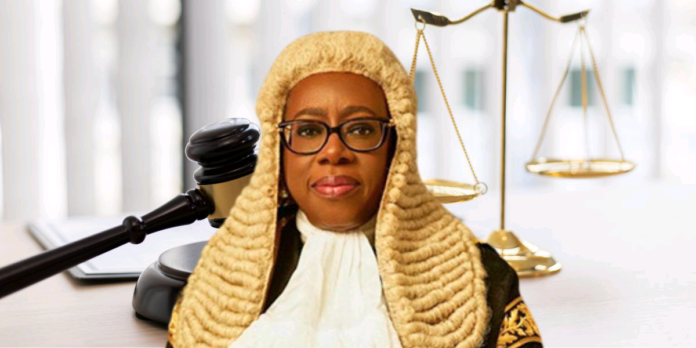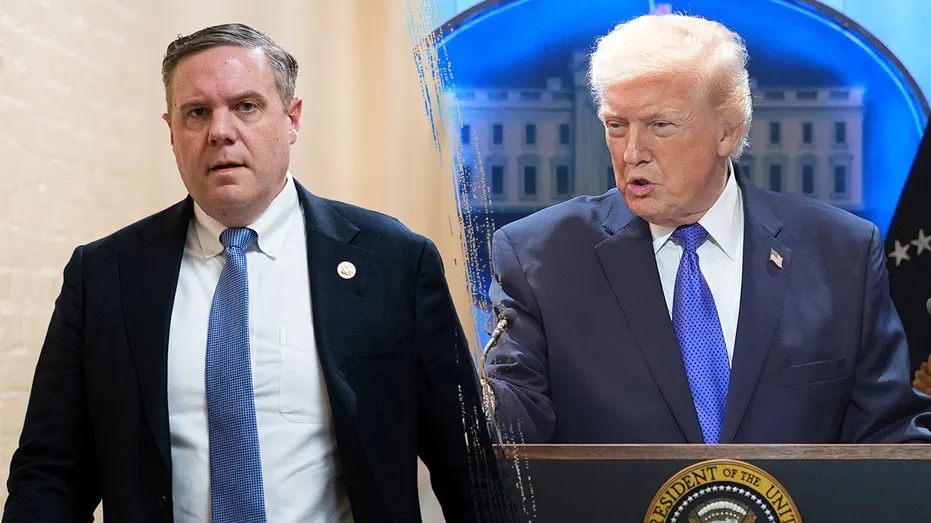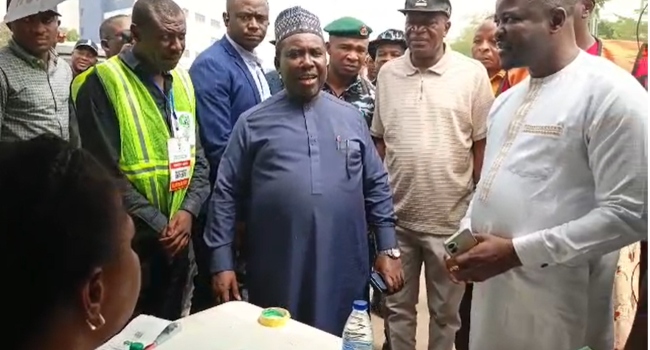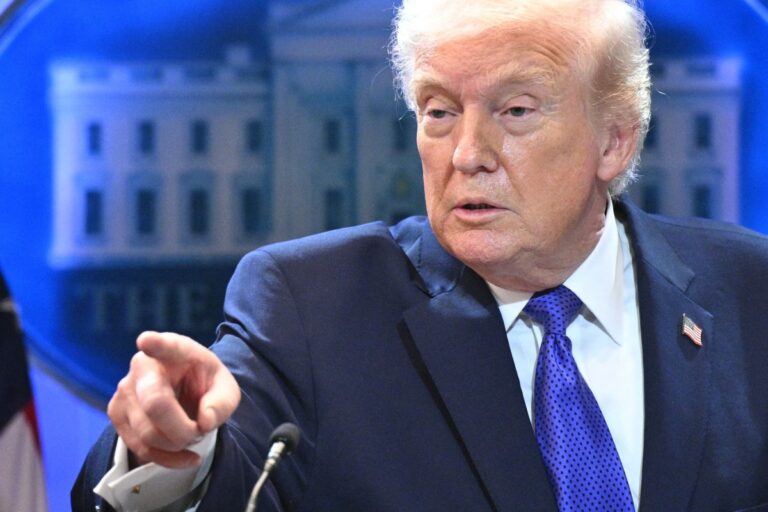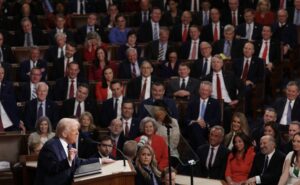Special Counsel Jack Smith’s final report leaves no doubt about federal prosecutors’ stance: had Donald Trump not been reelected in 2024, he likely would have been convicted on multiple felony charges for his alleged attempts to unlawfully overturn the results of the 2020 presidential election.
This conclusion was one of the key findings in Smith’s report, released early Tuesday after a federal judge authorized its publication late Monday night.
The report details the investigation that led to Trump’s 2023 indictment on four felony counts, accusing him of orchestrating a “criminal scheme” to undermine the 2020 election results in an effort to retain power. Trump pleaded not guilty to all charges.
However, the case — along with Smith’s separate investigation into Trump’s handling of classified documents — was dropped after Trump’s reelection in November. A longstanding Department of Justice (DOJ) policy prohibits prosecuting a sitting president, regardless of the severity of the alleged crimes or the strength of the evidence.
“The Department’s position is that the Constitution categorically prohibits the indictment and prosecution of a sitting president,” the report stated. “If not for Mr. Trump’s reelection and impending return to office, the evidence was deemed sufficient to secure a conviction at trial.”
Smith’s team conducted an exhaustive investigation, including interviews with 250 voluntary witnesses, grand jury testimony from 55 individuals, numerous subpoenas and search warrants, and the review of a terabyte of publicly accessible data. The report concluded that there was overwhelming evidence that Trump committed federal crimes by attempting to overturn the election results.
At the core of Trump’s alleged actions, the report stated, was “deceit — knowingly false claims of election fraud,” which were weaponized to undermine a cornerstone of American democracy.
For the first time, the report also provided insight into prosecutors’ internal deliberations as they navigated unprecedented legal challenges in charging a former president.
Although prosecutors considered invoking the Insurrection Act, Smith ultimately decided against it due to concerns about the legal risks associated with using the rarely applied statute. The report explained that Trump’s actions did not meet the definition of an insurrection, as he was already in power rather than challenging an established government. Additionally, the report noted the lack of “direct evidence” showing Trump intended to incite the full extent of the violence on January 6.
The investigation faced other unique challenges, including Trump’s use of social media to target witnesses, courts, and prosecutors with threats and harassment. Prosecutors also expressed concerns about securing cooperation from witnesses while Trump maintained significant influence over his alleged co-conspirators.
The report underscores the gravity and complexity of the case, framing Trump’s actions as an “unprecedented criminal effort” that tested the boundaries of both democracy and the justice system.














